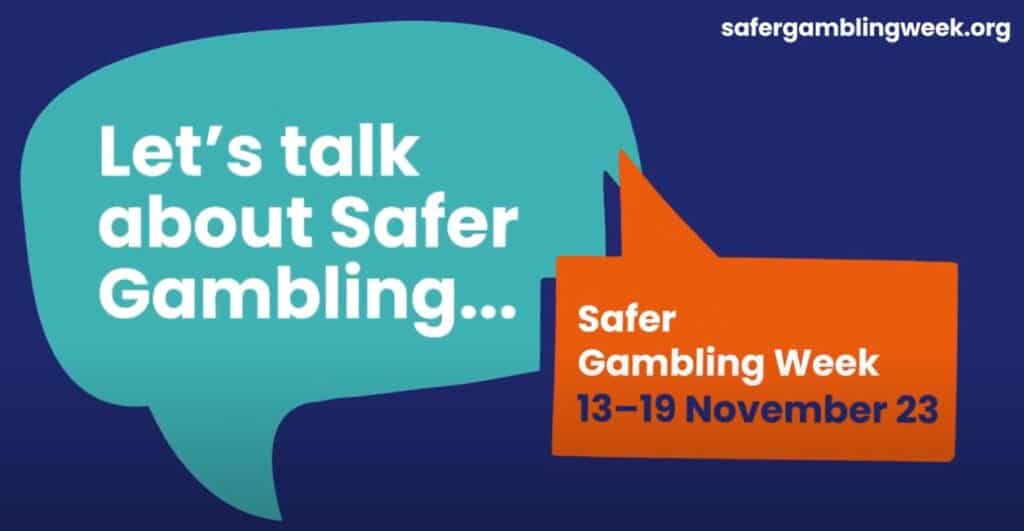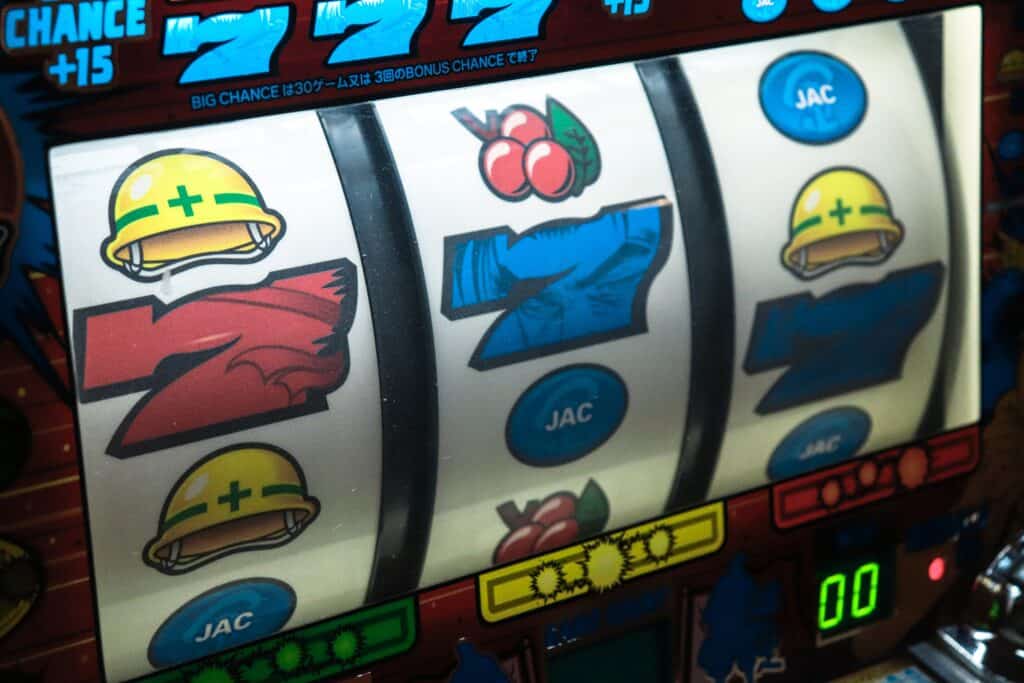
What Are the Dead Giveaways that You're Not in a Good Casino?
Casinos are an exciting and entertaining way to spend your time and potentially win some money. However, not all casinos are created equal. Some establishments may not have your best interests at heart and can be downright untrustworthy. It’s crucial to be able to recognize the dead giveaways that you’re not in a good casino. In this article, we will explore the key signs that indicate you might be in a subpar gambling environment.
Introduction
When it comes to online or offline casinos, there are numerous factors that can give away their true nature. It’s essential to pay attention to these signs to ensure you have a safe and enjoyable gambling experience. Let’s delve into the dead giveaways that can indicate you’re not in a good casino.
Inconsistent Payouts
One of the primary indicators of an unreliable casino is inconsistent payouts. If you find yourself frequently winning but having trouble withdrawing your winnings, it’s a red flag. A reputable casino should process your payouts promptly and without unnecessary delays or complications.
Unresponsive Customer Support
Good customer support is crucial for any service-oriented industry, including casinos. If you encounter unresponsive or unhelpful customer support representatives, it’s a sign that the casino doesn’t prioritize its customers’ satisfaction. A reliable casino should have a responsive support team available to assist you with any concerns or queries.
Limited Payment Options
A reputable casino should offer a wide range of secure and convenient payment options. If a casino only accepts a few obscure or unreliable methods, it raises concerns about its legitimacy. Look for casinos that support popular and trusted payment providers to ensure the safety of your transactions.
Lack of Licensing and Regulation
One of the most critical aspects of a trustworthy casino is proper licensing and regulation. If a casino operates without a valid license or fails to display information about its regulatory authorities, it’s a clear indication that something is amiss. Always verify the licensing and regulation of a casino before engaging in any real-money gambling.
Poor User Experience
A good casino strives to provide a seamless and enjoyable user experience. However, if you encounter frequent website crashes, slow loading times, or a clunky interface, it’s a sign that the casino lacks professionalism and technical expertise. A reliable casino invests in delivering a smooth and user-friendly platform for its players.
Negative Reviews and Reputation
Before trusting a casino, it’s essential to research its reputation. Negative reviews, complaints, or scandals surrounding a casino should raise red flags and make you think twice before engaging with them. Check reputable review platforms and online forums to gather insights from other players and their experiences with the casino in question.
Lack of Game Variety
A diverse selection of games is a hallmark of a good casino. If you notice that a casino offers a limited number of games or only focuses on a specific type of game, it indicates a lack of variety and entertainment. A reputable casino strives to cater to the preferences of different players by offering a wide range of games, including slots, table games, live dealer options, and more.
Suspicious Bonus Terms
Casinos often provide enticing bonuses and promotions to attract players. However, if the bonus terms and conditions seem too good to be true or include unreasonable wagering requirements, it’s a red flag. Dishonest casinos may use misleading bonus terms to prevent players from actually benefiting from the bonuses they claim to offer.
Slow or No Withdrawals
Another clear sign of a problematic casino is the delay or absence of withdrawal processing. If you find yourself waiting for an extended period to receive your winnings or if your withdrawal requests are repeatedly denied without valid reasons, it indicates an untrustworthy casino. Prompt and hassle-free withdrawals are essential for a positive gambling experience.
Absence of Responsible Gambling Measures
Responsible gambling is an important aspect of a reputable casino. If a casino doesn’t provide information or resources for responsible gambling, such as self-exclusion options, deposit limits, or links to problem gambling organizations, it suggests a lack of commitment to player well-being. A good casino should prioritize responsible gambling and promote a safe gambling environment.
Unclear Terms and Conditions
Transparency is crucial when it comes to online casinos. If a casino’s terms and conditions are vague, ambiguous, or difficult to understand, it raises concerns about their honesty and intentions. Legitimate casinos provide clear and concise terms and conditions that outline their rules, policies, and player rights.
Unfair or Rigged Games
Integrity in game outcomes is paramount in a trustworthy casino. If you suspect that the games are rigged or unfairly favor the house, it’s a clear indication that the casino cannot be trusted. Reputable casinos use random number generators (RNGs) to ensure fair game results and provide a level playing field for all players.
Lack of Encryption and Security
A good casino prioritizes the security of its players’ personal and financial information. If a casino’s website lacks proper encryption, such as SSL certificates, it puts your sensitive data at risk of being compromised. Always ensure that the casino employs advanced security measures to safeguard your information.
No Auditing or Fairness Certifications
Independent audits and fairness certifications provide reassurance that a casino operates ethically and fairly. If a casino doesn’t display any certifications or fails to provide information about their auditing processes, it’s a warning sign. Reputable casinos often obtain certifications from organizations like eCOGRA to demonstrate their commitment to fair gaming practices.
Poor Mobile Compatibility
In today’s mobile-driven world, a good casino should have a responsive and fully functional mobile platform. If you encounter a casino that has a poorly optimized or non-responsive mobile site or app, it suggests a lack of investment in providing a modern and convenient gambling experience. A reliable casino understands the importance of catering to mobile users.
Recognizing the dead giveaways that indicate you’re not in a good casino is crucial for protecting yourself and ensuring an enjoyable gambling experience. Inconsistent payouts, unresponsive customer support, limited payment options, lack of licensing and regulation, poor user experience, negative reviews, lack of game variety, suspicious bonus terms, slow or no withdrawals, absence of responsible gambling measures, unclear terms and conditions, unfair or rigged games, lack of encryption and security,and no auditing or fairness certifications, and poor mobile compatibility are all red flags that should make you reconsider engaging with a particular casino. It’s essential to do thorough research, read reviews, and trust your instincts when choosing a trustworthy gambling platform.
Remember, a good casino prioritizes player safety, fair gaming practices, responsive customer support, transparent terms and conditions, and secure payment options. By being aware of the dead giveaways that indicate an unreliable casino, you can make informed decisions and have a more enjoyable gambling experience.
Safer Gaming:

Safe Online Casinos

Guides: How Imitation of Original Casino Games Maybe Similar On Face Value But How Do They Stack Up Behind the Scenes?

Guides: Online Casinos ISO 9001 Quality Management Systems

Safer Gaming: Why ISO 17025 Testing of Gaming Software and Equipment Matters to You?

Guides: ISO 27018 Online Casino Protection of Personally Identifiable Information

Guides: ISO 26000: What It Means for Online Casino Players
Frequently Asked Questions (FAQs):
1. Why are inconsistent payouts a red flag in a casino?
Inconsistent payouts, especially if there are difficulties in withdrawing winnings, suggest an unreliable casino. A reputable casino processes payouts promptly without unnecessary delays.
2. How does unresponsive customer support impact the credibility of a casino?
Unresponsive or unhelpful customer support indicates that the casino may not prioritize customer satisfaction. A reliable casino ensures a responsive support team to assist players with concerns or queries.
3. Why is the variety of payment options important for a reputable casino?
A trustworthy casino offers a wide range of secure payment options. Limited or obscure methods raise concerns about the casino’s legitimacy. Trusted payment providers ensure safe transactions.
4. How does licensing and regulation contribute to the credibility of a casino?
Proper licensing and regulation are crucial for a trustworthy casino. Lack of a valid license or failure to display regulatory information suggests potential issues. Verify a casino’s licensing before engaging in real-money gambling.
5. Why is a poor user experience considered a sign of an unprofessional casino?
A good casino invests in a seamless and enjoyable user experience. Frequent crashes, slow loading times, or a clunky interface indicate a lack of professionalism and technical expertise.
6. How do negative reviews and reputation impact the trustworthiness of a casino?
Negative reviews, complaints, or scandals surrounding a casino raise concerns. Checking reputable review platforms and forums provides insights from other players and their experiences.
7. Why is the lack of game variety a red flag in a casino?
A diverse game selection is a hallmark of a good casino. Limited games or a focus on a specific type indicate a lack of variety and entertainment. Reputable casinos cater to different player preferences.
8. How can suspicious bonus terms indicate an untrustworthy casino?
Misleading bonus terms with unrealistic wagering requirements suggest an untrustworthy casino. Players should be cautious if bonus terms seem too good to be true.
9. Why are slow or no withdrawals concerning in a casino?
Delayed or denied withdrawals without valid reasons indicate a problematic casino. Prompt and hassle-free withdrawals are crucial for a positive gambling experience.
10. How does the absence of responsible gambling measures impact a casino’s reputation?
Responsible gambling is vital, and if a casino lacks self-exclusion options, deposit limits, or links to problem gambling organizations, it suggests a lack of commitment to player well-being.
11. Why is transparency in terms and conditions crucial for a trustworthy casino?
Clear and concise terms and conditions are essential for transparency. Vague or ambiguous terms raise concerns about the casino’s honesty and intentions.
12. How can unfair or rigged games be identified in a casino?
Suspicion of rigged games or unfair outcomes indicates an untrustworthy casino. Reputable casinos use random number generators (RNGs) to ensure fair game results and a level playing field.
13. Why is encryption and security important in an online casino?
A good casino prioritizes security, and the absence of proper encryption, such as SSL certificates, puts sensitive player information at risk. Ensure the casino employs advanced security measures.
14. What role do auditing and fairness certifications play in a trustworthy casino?
Independent audits and certifications reassure players about a casino’s ethical and fair operations. Lack of displayed certifications or information about auditing processes is a warning sign.
15. Why is poor mobile compatibility a concern in a casino?
In today’s mobile-driven world, a reliable casino should have a responsive and functional mobile platform. Poorly optimized or non-responsive mobile sites suggest a lack of investment in a modern gambling experience.
16. How can players ensure a positive gambling experience in a reputable casino?
Thorough research, reading reviews, and trusting instincts are crucial. A good casino prioritizes player safety, fair gaming, responsive customer support, transparent terms, and secure payment options.
17. What are the key indicators of a trustworthy gambling platform?
A trustworthy gambling platform prioritizes player safety, fair gaming practices, responsive customer support, transparent terms and conditions, secure payment options, and a smooth user experience.





